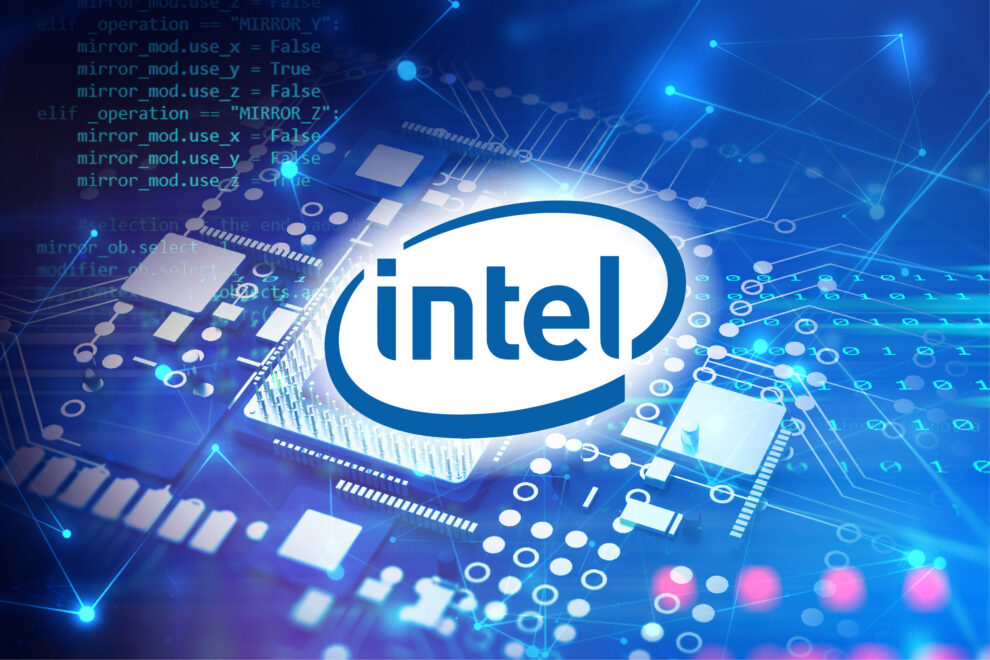Intel’s latest generation of Core processors has been caught in a storm of stability issues, stirring concerns among users and experts alike. A flawed algorithm within the CPU’s microcode, responsible for managing voltage levels, has been pinpointed as the primary culprit behind these malfunctions.
Recent investigations reveal that the stability problems primarily affect Intel’s 13th and 14th Gen Core CPUs, known as the Raptor Lake series. These chips have exhibited system crashes, particularly in environments running high-performance tasks, such as games that utilize Unreal Engine 5. The root of the issue lies in an erroneous algorithm that inaccurately manages the voltage supply to the processors, leading to elevated operating voltages that the hardware was not designed to handle continuously.
Intel has acknowledged the defect and pinpointed the specific microcode responsible for the errors. They have announced an impending fix, scheduled for release in a BIOS update through motherboard manufacturers. This update, expected in August 2024, will adjust the flawed microcode to ensure the processors operate within safe voltage thresholds without compromising performance.
The company also highlighted that motherboard manufacturers have started to roll out BIOS updates that include what Intel refers to as “Intel Default Settings” (IDS). These settings are designed to apply Intel’s recommended configurations automatically, thus preventing the CPUs from operating under risky conditions that could lead to crashes or other stability issues .
Despite the solution on the horizon, the saga underscores a significant challenge in modern CPU design and the delicate balance required in managing advanced hardware through software. Users of the affected CPUs are advised to update their BIOS once the patches are available to safeguard against potential system instabilities.
For those not currently experiencing issues, Intel recommends staying informed on the latest updates and preparing to apply the forthcoming fixes to ensure optimal performance and stability of their systems.








